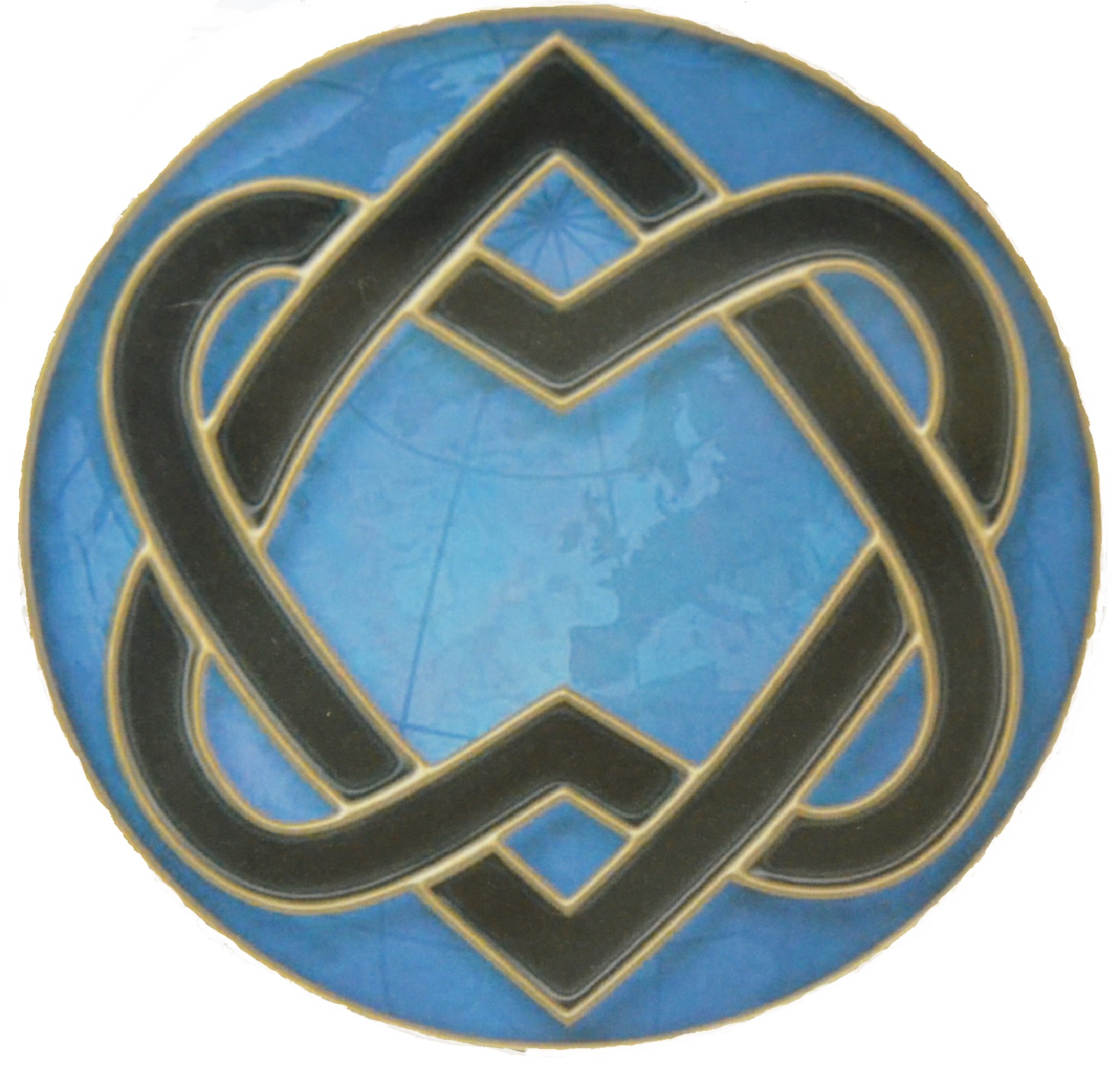Episodes

Monday Oct 16, 2023
The Commandment of Shevut: How Do We Handle its Inherent Subjectivity?
Monday Oct 16, 2023
Monday Oct 16, 2023
In Deuteronomy, we are commanded to keep Shabbat as restfulness. Many are unaware that this does not just involve practicing the Shabbat observances and restrictions --Biblical and Rabbinic-- but the highly unusual special-to-itself halakhic category of "Shevut," usually translated as proactively keeping "the spirit of Shabbat." The category of observing "the spirit of Shabbat" is inherently subjective, and it can vary from person to person. For one person, reading a newspaper on Shabbat is a violation of the spirit of Shabbat, while for another it enhances the spirit of Shabbat. Going someplace for Shabbat dinner or lunch might enhance the spirit for one, but for another take away from the Shabbat spirit of the sanctuary of home. The issue has come to the fore with the electric car. Since an EV has no fire within in, and electricity meets none of the halakhic prohibitions, its use on Shabbat largely comes down the category of shevut. This has produces two approved Responsa of the Conservative Movement, which are largely hostile to one another. In one, anybody considering the use of an EV on Shabbat should be considered in violation of the law, and shevut should not be considered subjective, but actually somehow defined by a small group of rabbinic authorities others in perpetuity! (It's like saying, How dare you read your psychology textbook on Shabbat! That's homework! Even though you are allowed to read on Shabbat and you love psychology.) The other group decries this attempt to take over and monopolize our one subjective category. I explore the issues.

Tuesday Sep 26, 2023
The Kol Nidrei Ritual: Stepping into Your Future Self
Tuesday Sep 26, 2023
Tuesday Sep 26, 2023
Drawing on the traditional meaning of the Kol Nidrei --"All Vows"-- prayer, plus the Mishnah and Talmudic tractates on the Nidrei (Nedarim: Vows), plus the philosophy of Ritual Drama and the recent psychological studies about Future Selves, Rabbi Caine constructs a vision of what the Yom Kippur experience is supposed to be, a drama of our envisioning our future selves and playing those parts through Tefillah, Tsedakah and Teshuvah that connect to the Nidrei, our New Year's Resolutions.

Sunday Sep 24, 2023
Hineni Resolutions: I’m Ready but Are They?
Sunday Sep 24, 2023
Sunday Sep 24, 2023
My Second Day 5784/2023 Rosh Hashanah Sermon explores the New Year's resolution ("neder" as in "Kol Nidrei") in Biblical, Talmudic, and Contemporary Jewish spirituality. What is the one resolution in your life that is "If not now, when?" and what can the Talmud tell us about how to be successful at it?

Monday Sep 18, 2023
The Genders Within God, and Within Ourselves!
Monday Sep 18, 2023
Monday Sep 18, 2023
My Rosh Hashanah 5784/2023 (first day) sermon examines the understanding of God's image as multiple genders in Jewish theology, mysticism, and Rabbinic midrash. What are the implications for transgender, nonbinary, and queer identifications? And equally, what are the implications for the self-understandings of everyday cisgender folk? Using the work of Joy Ladin, Charlotte Fonrobert, and Elliot Wolfson, in addition to classical and mystical Rabbinic sources, Rabbi Caine lays out the urgency of radical inclusion both with each other and with ourselves.

Monday Jul 24, 2023
The Three Covenants: God Cares About God’s Brand. Do You?
Monday Jul 24, 2023
Monday Jul 24, 2023
As we begin the journey to High Holidays, I look at Matot the end of the Book of Numbers, where God is fastidiously concerned that we get right our relationship with the God of Judaism and, even deeper, the true God of the Universe. When these fall short, we are asked through the Biblical spirituality of vows, do we even care about our own word and how we show up in this world? This is a teaching for approaching the journey of weeks to the High Holidays.

Friday Jun 16, 2023
Is the Book of Numbers about Remote Work?
Friday Jun 16, 2023
Friday Jun 16, 2023
Parashat Beha'alotkha begins with a memo to all the Israelites that doubles down on the top down hierarchy of Aharon and Moshe at the top, and then it continues with a series of amplified grumblings, complaints, and a continuation of the deterioration of the communal project and institution --now one year in-- that Exodus and Leviticus championed. The crux is that the top down structure operates through directives, orders, and job descriptions, and with each person now operating out of their tent-and-family --unlike before when slavery, Sinai, and mishkan construction were in person collective activities. It is an apropos description of the change from in-person to remote-work that we have experienced in the last four years, and the insoluble fractures it is causing are not only not resolved, but continue to tear apart the fabric of collective identity for the next several parashiyot in Numbers. How fitting we are reading this when the top tech companies, who created and sustain remote work, claim they can no longer function operating that way themselves.

Sunday Jun 04, 2023
Be Someone Else: Victor Turner and the Subversiveness of Ritual Performance
Sunday Jun 04, 2023
Sunday Jun 04, 2023
The longest parashah of the Torah's is Numbers' Naso, which begins with the theme of the tabernacle of roving ritual performance, like a traveling theater group, and then describes four ritual dramas that take publicly: the financial penitent, the jealous husband, the addict, and the arrogant prince. What do these have in common? Rather than seeing ritual function to impose comformity and social roles, I examine this through the theory of Victor Turner, who posited that rituals actually subvert conventional roles, and in a theatrical way, use fixed theater scrips and actions to subvert them, and you.

Thursday May 25, 2023
”Make Yourself a Wilderness” To Receive Torah
Thursday May 25, 2023
Thursday May 25, 2023
The Rabbis are understandably preoccupied with why the Torah was given bemidbar Sinai, in the wilderness of Sinai, rather than in the Land of Israel. Entire commentary collections are devoted to this one profound fact. In fact, the fourth book of the Bible, Bemidbar, even means "In the wilderness" and often occurs just before the holiday of Shavuot, where we collectively re-experience the gift of Torah happening in the wilderness. A teaching developed that the meaning of the Torah being "a gift from the wilderness" means that in order to receive Torah and wisdom in your life you need to "make yourself a wilderness," meaning that you make yourself a holy receptive vessel through becoming a midbar, a wildnerness. I teach some traditional teachings of practicing that in your own life.

Friday May 19, 2023
Jubilee and the Passing on of Generational Wealth
Friday May 19, 2023
Friday May 19, 2023
In this teaching, I note how there are two sorts of social legislation that emerge out of the Holiness Code of Leviticus (as well as other places): the kind that is aspirational --invitations to become a holy people through holiness of giving, holiness of speech, holiness of conduct, holiness of caring-- and the kind that is deeply uncomfortable structural change -- i.e. so aspirational that you really want to just leave it "in heaven" as an unreachable ideal. An excellent example of the latter is the Jubilee Year, or Jubilee Reset, when not only does the Land receive extra ecological dispensation (terrifying for an agrarian culture), and not only are most debts forgiven (also terrifying to the economic system), but the Biblical basis of capital, the Land itself, is returned to an original apportionment. I compare the Jubilee Reset of capital once every 50 years to the Estate Tax, a way to prevent generational wealth from accumulating so far that the society cannot overcome the class divisions it creates of structural poor and structural privilege. In America, the Estate Tax is easy skirted with comically massive loopholes, while the generationally wealthy claim through propaganda that it should be eliminated because it is somehow targeted at farms, rather than the real problem of generational inherited wealth. Leviticus ends warning of societal collapse if we leave the Jubilee as an ideal rather than practical policy. What would society look like if we actually had a law that one cannot leave more than 50 million dollars to each child?

Monday May 08, 2023
Two Forms of Action: Embodying the Kabbalistic Forces of Netzach and Hod
Monday May 08, 2023
Monday May 08, 2023
In honor of Lag B'Omer, I succinctly recount the Jewish mystical practice of embodying God's attributes during the period of Counting the Omer. Specifically, in the transition to the week of Lag B'Omer, we transition from practicing in our lives the form of leadership that involves pushing people, and yourself, to get through tasks, the kind of action in which you feel you're carrying people to the finish line so the team gets there, to a different mode of leadership from God's attributes, the leader who says little at the team meeting, and then when they need to, utters just a few humble words (like "Isn't who we are really about X?") that change everything.
Netzach (pushing through) and Hod (winning by stepping aside, like in martial arts) interplay.

